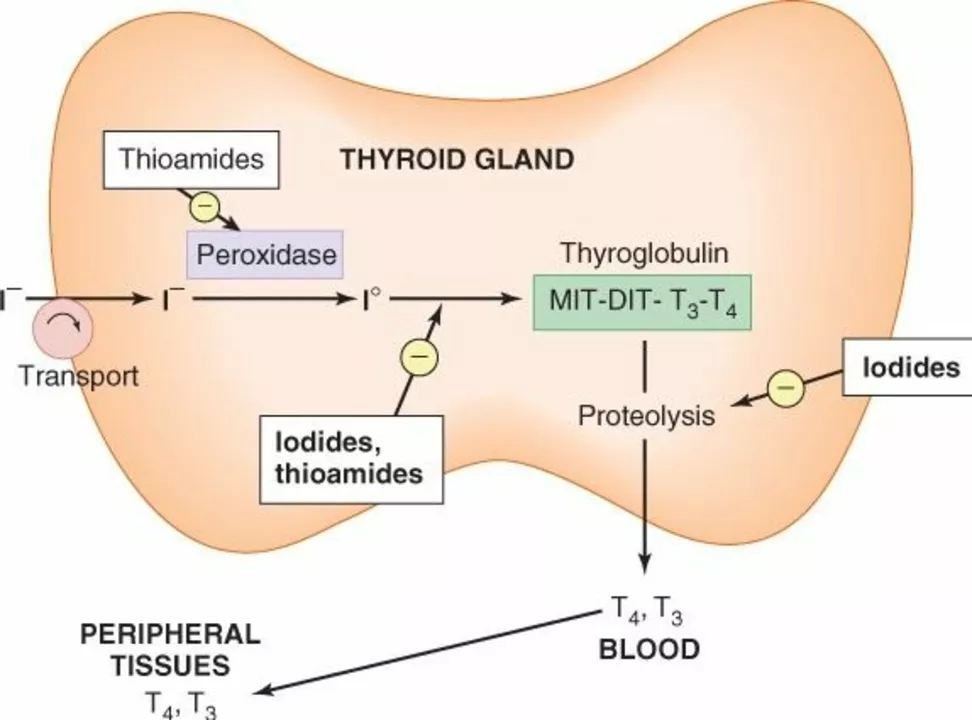April 2023 — Practical health reads: brain, lungs, thyroid, and kids
April on RexMD.SU brought four short, useful pieces that tackle everyday health problems: how anemia affects thinking, a mucus-busting option for allergies, a key drug for hyperthyroidism, and whether common antiseptics are safe for kids. If you want quick, practical takeaways you can use or discuss with your doctor, you’re in the right place.
What we covered and why it matters
Anemia and thinking: Iron-deficiency anemia doesn’t only make you tired — it can change memory, focus, and mood. The post explains how iron helps the brain work and lists simple signs to watch for: trouble concentrating, forgetfulness, low energy, or feeling unusually down. The write-up stresses checking iron levels when these symptoms show up and talks about food-focused fixes like red meat, beans, fortified cereals, and vitamin C to boost iron absorption.
Bromhexine for mucus and allergies: If you deal with thick mucus from seasonal allergies or chronic cough, bromhexine is introduced as a mucolytic that thins secretions so you can cough them up easier. The post shares a personal take on its effectiveness and suggests trying it alongside other allergy measures — nasal rinses, antihistamines, and avoiding triggers — while reminding readers to ask a clinician before starting any new medicine.
Carbimazole and thyroid control: For people with hyperthyroidism, carbimazole is explained as a common option to lower excess thyroid hormone. The article highlights the need for tailored dosing and blood tests, and it mentions watch-outs like mouth ulcers or fever that require prompt medical attention. It’s a friendly guide for patients who want to know what to expect when starting treatment.
Antiseptic safety for kids: Many parents worry about ingredients in wound care and skin products. The April post looks at benzalkonium chloride paired with zinc oxide, noting these are widely used in antiseptics and barrier creams. The main message: used as directed, they help prevent infection and protect skin, but follow label instructions and check with your pediatrician for very young babies or broken skin.
Quick takeaways and next steps
Each post aims to give clear actions: check iron if you have brain fog, consider bromhexine for stubborn mucus (with medical advice), monitor labs while on carbimazole, and use antiseptics for minor cuts carefully. Want more detail? Click into any post for full guidance, or bring these points to your next clinic visit so your provider can tailor advice to your needs.
If one of these topics rings true for you right now, pick that article first. They’re short, practical, and written so you can act — whether that means adjusting your diet, asking about a medicine, or protecting a child’s skin properly.


